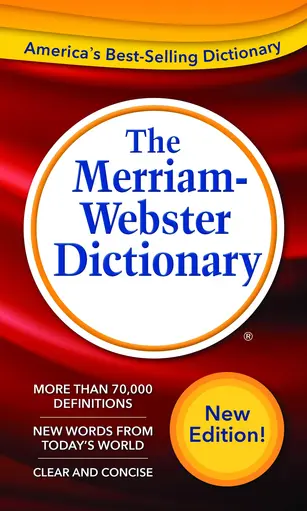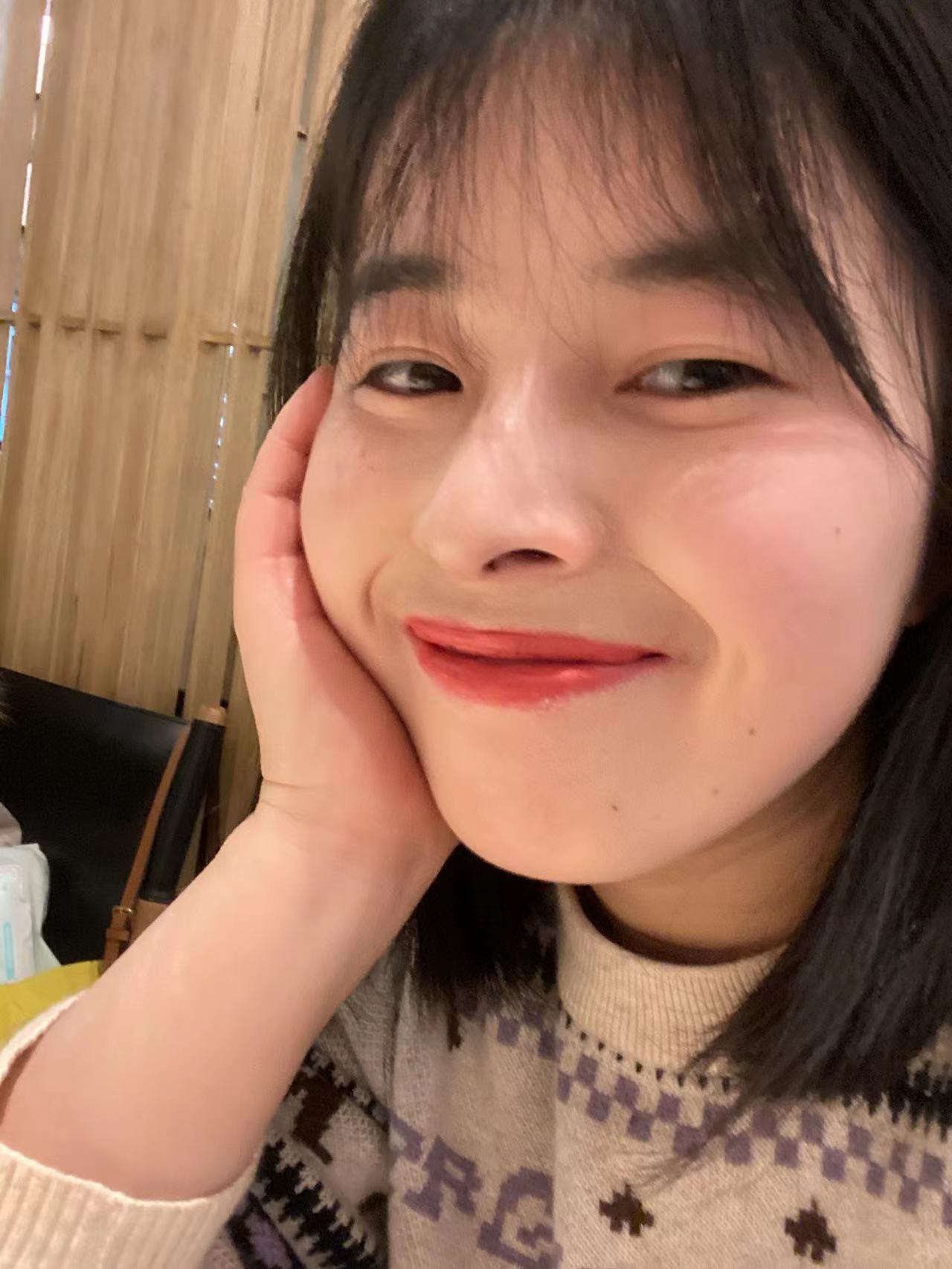Are you stuck on level 1586 and don’t know how to move forward?
Don’t worry–we’ve got the perfect solution for Wordscapes level 1586 in this cheat guide!
Everything you need is right here in this comprehensive guide.
Let’s quickly examine the answers for Wordscapes level 1586:
To complete Wordscapes level 1586 [Arch 2, Outback], players must use the letters R, O, E, K, I, M, N to make the words: MINE, OMEN, MINER, MORE, IRON, REIN, MINK, NORM, MINOR, MONIKER, MIRE, RINK, MONK.
![Wordscapes Level 1586 Answers [Arch 2, Outback]](https://www.wordscapespro.com/wp-content/uploads/2022/12/wordscapes_level_1586_answer-1.jpeg)
Regardless of whether you’re an experienced Wordscapes player or just starting out, this guide will provide you with everything you need to be successful.
From the basics of the game to advanced tactics and techniques, this guide will provide you with everything you need to solve Wordscapes level 1586 and continue to face bigger challenges.
Let’s get down to business!
Wordscapes Level 1586 [Arch 2, Outback]
Wordscapes level 1586 is a challenging stage that will test players’ vocabulary and problem-solving skills.
The challenge in this level is to make as many words as possible using the letters R, O, E, K, I, M, N on the board.
You can only pass if you spell all the words correctly.
It’s going to be a tough challenge, but with the right plan and some luck, it can be done.
Wordscapes Level 1586 Answers
In Wordscapes level 1586, players can follow this sequence to complete the objective words and pass the level.
MINE, OMEN, MINER, MORE, IRON, REIN, MINK, NORM, MINOR, MONIKER, MIRE, RINK, MONK
Besides that, the following words can also be formed from the provided letters, but are not part of the objective words:
KINE, NIM, INKER, OINK, RIEM, ORE, NOR, ROE, KIN, ROKE, REM, KIER, ROIN, MORNE, NOM, EMIR, ION, REI, KOR, KOINE, REN, MIEN, KON, MERINO, NERK, ONER, IRONE, MON, KEN, OMER, RINE, ONIE, OIK, ENOKI, RENO, ERM, MORKIN, RONE, KIRN, ROK, MERK, MERKIN, KERN, ROM, KERO, KOI, IRE, IRK, NIE, IKON, KENO, MIRO, MOIRE, MONER, MORN, REINK, KEIR, EMO, MENO, NORI, MEIN, MIKRON, MONIE, MOKI, ERK, KIR, RIN, MEN, OKE, MIR, MINKE, ERN, RENK, NORK, NOIR, NOME, MOE, REIK, EIKON, KINO, KORE, MOR, RIME, REO, RIM, KRONE, MOI, INERM, EIK, NEK, EON, ONE, ENORM, MOKE, MIKE, INRO, MIRK, INK, MINO, REIM, MERI
Words Definition
As described earlier, the objective words for level 1586 were discussed, along with the bonus words that can be created from the tray letters.
Next, let’s delve into the definitions of each:
- MINE: [pronoun]the one(s) belonging to or connected with me.
- OMEN: [noun]something that is considered to be a sign of how a future event will take place.
- MINER: [noun]a person who works in a mine.
- MORE: [determiner]a larger or extra number or amount.
- IRON: [noun]a chemical element that is a common greyish-coloured metal. It is strong, used in making steel, and exists in very small amounts in blood.
- REIN: [noun]a long, thin piece of material, especially leather, that helps you to control and direct a horse.
- MINK: [noun]a small animal with valuable fur that is used to make expensive coats, or the fur from this animal.
- NORM: [noun]an accepted standard or a way of behaving or doing things that most people agree with.
- MINOR: [adjective]having little importance, influence, or effect, especially when compared with other things of the same type.
- MONIKER: [noun]a name or nickname.
- MIRE: [noun]an area of deep, wet, sticky earth.
- RINK: [noun]a large, flat surface, of ice or other hard material, for skating (= a sport using special boots to move along) or the area or building that contains this.
- MONK: [noun]a member of a group of religious men who do not marry and usually live together in a monastery.
- KINE:
- NIM:
- INKER: [noun]an artist who adds solid lines and extra details to the first pencil drawings for a comic, graphic novel, or animation (= a book or film whose story is told in pictures).
- OINK: [noun](especially in children’s books) used in writing to represent the noise that a pig makes.
- RIEM:
- ORE: [noun]rock or soil from which metal can be obtained.
- NOR: [conjunction]used before the second or last of a set of negative possibilities, usually after “neither”.
- ROE: [noun]fish eggs, eaten as food.
- KIN: [noun]family and relations.
- ROKE:
- REM: [noun]abbreviation for rapid eye movement: quick movements of the eyes that happen at certain times while you are sleeping and dreaming.
- KIER:
- ROIN:
- MORNE:
- NOM: [exclamation]used for showing that you like a particular kind of food or that you think something looks or sounds very good to eat.
- EMIR: [noun]a ruler of particular countries in the Muslim world.
- ION: [noun]an atom or small group of atoms that has an electrical charge because it has added or lost one or more electrons.
- REI:
- KOR:
- KOINE:
- REN:
- MIEN: [noun]a person’s appearance, especially the typical expression on their face.
- KON:
- MERINO: [noun]a breed of sheep that produces soft, good-quality wool.
- NERK:
- ONER:
- IRONE:
- MON: [noun]written abbreviation for Monday.
- KEN: [noun]not in your area of knowledge.
- OMER:
- RINE:
- ONIE:
- OIK: [noun]a rude and unpleasant man from a low social class.
- ENOKI: [noun]a small Japanese mushroom (= a type of organism that gets its food from decaying material) that is eaten as food, with a long, thin stem and a small white or pale brown top.
- RENO:
- ERM: [exclamation]a sound that people make when they pause in the middle of what they are saying or pause before they speak, often because they are deciding what to say.
- MORKIN:
- RONE:
- KIRN:
- ROK:
- MERK:
- MERKIN:
- KERN:
- ROM: [noun]abbreviation for read only memory: a type of computer memory that holds information that can be used but not changed or added to.
- KERO:
- KOI:
- IRE: [noun]anger.
- IRK: [verb]to annoy someone.
- NIE:
- IKON: [noun]a small picture or symbol on a computer screen that you point to and click on (= press) with a mouse to give the computer an instruction.
- KENO:
- MIRO:
- MOIRE: [noun]cloth, especially silk, with a pattern on the surface that looks similar to waves on water.
- MONER:
- MORN: [noun]a morning.
- REINK: [verb]to put ink on something again.
- KEIR:
- EMO: [noun]a type of popular punk music with words about people’s feelings and emotions.
- MENO:
- NORI: [noun]a type of seaweed (= a plant that grows in the sea) that is eaten especially in Japan.
- MEIN: [noun]a Chinese dish consisting of fried vegetables, meat or prawns (= a small sea creature that is pink when cooked), and soft boiled noodles, mixed together in a sauce.
- MIKRON:
- MONIE:
- MOKI:
- ERK:
- KIR: [noun]a drink consisting of a mixture of white wine and an alcoholic blackcurrant drink.
- RIN:
- MEN: plural of man.
- OKE:
- MIR:
- MINKE: [noun]a medium-sized black or greywhale (= large sea animal).
- ERN:
- RENK:
- NORK:
- NOIR: [adjective]used for describing films or books that show the world as being unpleasant, strange, or cruel.
- NOME:
- MOE:
- REIK:
- EIKON:
- KINO:
- KORE: [noun]a type of ancient Greek statue of a young woman, standing up and dressed in long loose clothes.
- MOR:
- RIME: [noun]frost (= the thin, white layer of ice that forms when the air temperature is below the freezing point of water, especially outside at night).
- REO: [noun]the language of the original people of New Zealand and the Cook Islands.
- RIM: [noun]the outer, often curved or circular, edge of something.
- KRONE: [noun]the standard unit of money used in Denmark and Norway.
- MOI: [pronoun]used instead of “me”, to express false surprise about something that you have been accused of.
- INERM:
- EIK:
- NEK:
- EON: [noun]a period of time that is so long that it cannot be measured.
- ONE: [number]the number 1.
- ENORM:
- MOKE:
- MIKE: [noun]informal for microphone.
- INRO:
- MIRK:
- INK: [noun]coloured liquid used for writing, printing, and drawing.
- MINO:
- REIM:
- MERI:
The definitions of these words are from the authoritative Merriam-Webster Dictionary.

What Is Wordscapes?
In Wordscapes, players must use their word-forming skills to create as many words as they can from the letters provided.
The game challenges players to use their word-building skills by arranging a set of letters into valid words. Players can slide the letters in any direction to create words.
When a word is made, it will vanish from the game board and the player will score points based on the word’s length, with longer words yielding more points.
Summary
To sum up, Wordscapes level 1586 may be difficult, but it is not impossible to beat.
You can increase your chances of success by taking your time, looking for patterns, and using dictionaries and word lists to help you complete the level and earn all 3 stars.
By putting in the work, being patient, and staying positive, you can master this level.
By using the advice and strategies in this guide, you can successfully complete the level and earn all 3 stars.
Rise To The Next Level
With your new strategy and tips, give level 1587 a try on your own!
Good luck charm!

I am a professional game testing engineer who loves crossword and charades puzzles. wordscapespro.com has recorded my experience playing the game, and you can find the answers, word definitions, and explanations for each level. I hope it is helpful to you and that you share it with people who need it.